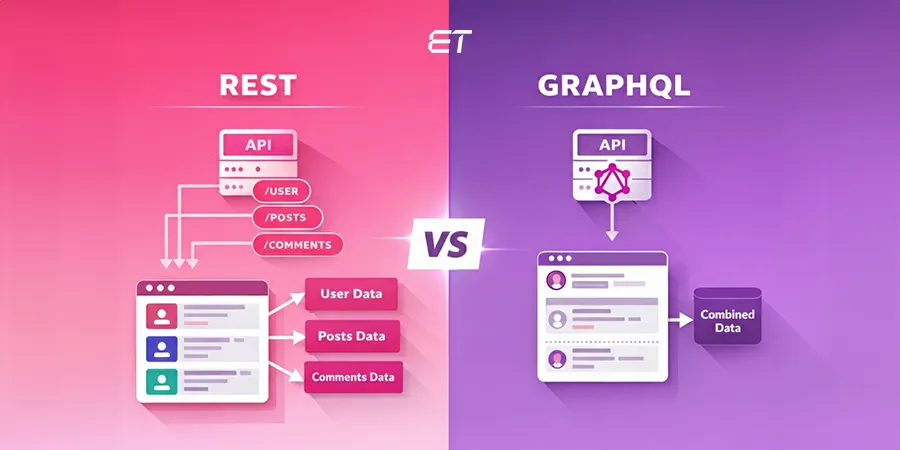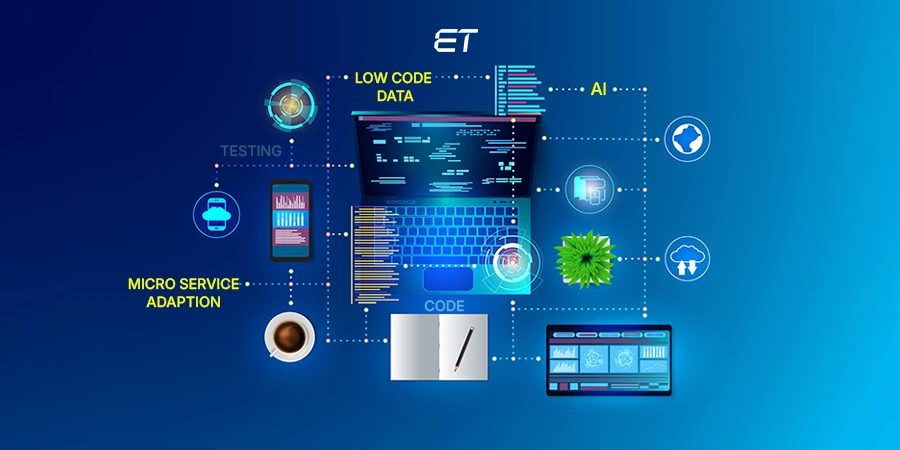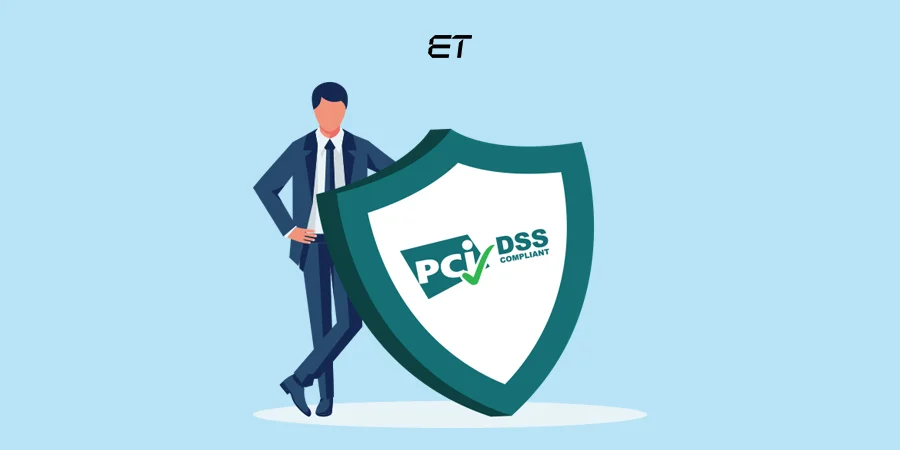
All You Need to Know About PCI Compliance
Struggling to understand PCI compliance? You’re not alone.
Many businesses, especially in the US, face challenges traversing the complex domain of payment card industry (PCI) regulations. In fact, a recent study revealed that a staggering 58% of US adults are unaware of the PCI Data Security Standard (DSS).
This blog aims to elucidate PCI compliance, providing a clear and concise overview of what it is, why it’s essential, and who needs to comply.
What’s more? We’ll explore the key requirements of PCI DSS, delve into a real-world case study, and offer actionable insights to help your business achieve and maintain PCI compliance.
What is PCI Compliance?

In simple terms, PCI compliance is a comprehensive set of security standards designed to protect cardholder data from unauthorized access, theft, or misuse. It’s a framework established by the Payment Card Industry Security Standards Council (PCI SSC) to ensure that organizations that handle card transactions maintain a secure environment.
Why is PCI Compliance Important?
Here are some valid reasons justifying its significance:
- Protect Cardholder Data: PCI compliance safeguards sensitive customer information, such as credit card numbers, expiration dates, and CVV codes, from breaches
- Mitigate Financial Risk: Non-compliance can lead to significant financial losses due to fines, legal fees, and potential brand damage
- Enhance Customer Trust: By demonstrating commitment to PCI compliance, businesses can build trust with their customers, reassuring them that their data is secure
- Maintain Business Operations: Failure to comply with PCI standards can result in interruptions to business operations, including payment processing and merchant agreements
Who needs to comply with PCI?
PCI compliance applies to any entity that stores, processes, or transmits cardholder data. This includes:
- Merchants: Businesses that accept credit card payments directly from customers
- Payment Processors: Companies that handle card transactions on behalf of merchants
- Service Providers: Organizations that provide services related to card payments, such as data storage or network infrastructure
- Acquiring Banks: Financial institutions that issue credit cards and authorize transactions
- Issuing Banks: Financial institutions that provide credit cards to consumers
Overall, PCI compliance is a vital safeguard for businesses handling cardholder data. It ensures data security, mitigates financial risks, enhances customer trust, and maintains operational continuity.
By understanding and adhering to PCI standards, organizations can protect themselves from the consequences of data breaches and build a strong foundation for long-term success.
Now, let’s dive deeper into a specific component of PCI compliance: PCI DSS compliance.
Outsource your PCI compliance task today. Hire experts who have handled such projects for reputed businesses.
What is PCI DSS Compliance?
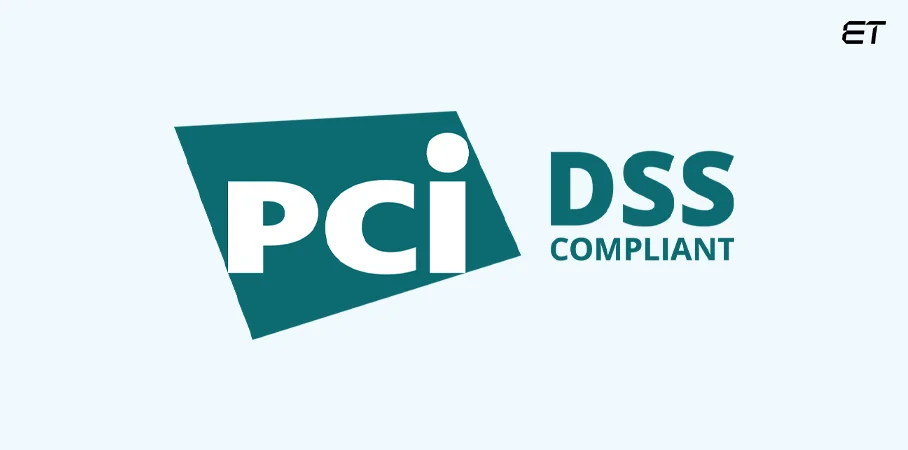
PCI DSS, or Payment Card Industry Data Security Standard, is a set of security requirements designed to protect cardholder data. It’s a subset of PCI compliance that focuses explicitly on securing technical and operational aspects of card transactions.
PCI DSS is divided into 12 requirements, each with specific sub-requirements. These requirements cover a wide range of security controls. The following table will explain each one in brief.
| Requirement Number | Explanation |
| 1 | Install and maintain a firewall to protect cardholder data |
| 2 | Do not use default vendor-supplied passwords |
| 3 | Protect stored cardholder data with strong encryption |
| 4 | Implement strong access control measures |
| 5 | Regularly monitor and test networks for vulnerabilities |
| 6 | Develop and maintain secure systems and applications |
| 7 | Restrict access to cardholder data to authorized personnel |
| 8 | Assign unique IDs to individuals with access to cardholder data |
| 9 | Restrict physical access to cardholder data |
| 10 | Track and monitor all access to cardholder data |
| 11 | Regularly test security systems and processes |
| 12 | Maintain a secure development lifecycle |
PCI DSS Compliance Levels
Understanding the different levels of PCI DSS compliance is essential for businesses of all sizes. Knowing your specific compliance requirements can help you take the appropriate steps to protect your organization and customers.
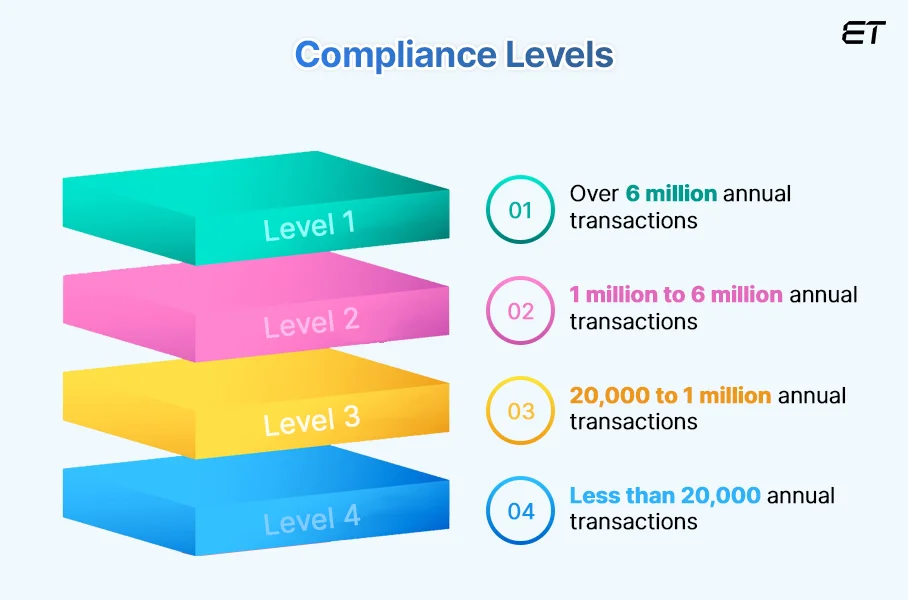
Level 1
Level 1 is the highest level of compliance and applies to merchants that process over 6 million transactions annually. These merchants are subject to the most stringent requirements. They are required to undergo a quarterly PCI DSS assessment by a Qualified Security Assessor (QSA).
Critical Requirements for Level 1 Merchants:
- Annual Penetration Testing: Level 1 merchants must undergo an annual penetration test to identify and address vulnerabilities in their systems
- Quarterly Network Scans: Quarterly network scans are required to detect unauthorized devices or systems connected to the network
- Monthly Vulnerability Scanning: Monthly vulnerability scanning is necessary to identify and patch known vulnerabilities
- Annual On-site Assessment: Level 1 merchants are subject to an annual on-site assessment by a QSA to verify compliance with PCI DSS requirements
Level 2
Level 2 applies to merchants that process between 1 million and 6 million transactions annually. While not as stringent as Level 1, Level 2 merchants still have significant compliance obligations.
Key Requirements for Level 2 Merchants:
- Semi-annual Penetration Testing: Level 2 merchants must undergo a semi-annual penetration test
- Quarterly Network Scans: Quarterly network scans are required
- Monthly Vulnerability Scanning: Monthly vulnerability scanning is necessary
- Annual On-site Assessment: Level 2 merchants are subject to an annual on-site assessment by a QSA
Level 3
Level 3 applies to merchants that process between 20,000 and 1 million transactions annually and do not store card data. It has less stringent requirements than Level 1 and Level 2.
Key Requirements for Level 3 Merchants:
- Annual Self-Assessment: Level 3 merchants can self-assess their compliance with PCI DSS requirements
- Quarterly Network Scans: Quarterly network scans are required
- Monthly Vulnerability Scanning: Monthly vulnerability scanning is necessary
Level 4
Level 4 applies to merchants that process fewer than 20,000 transactions annually. This level has the least stringent requirements and allows for a simplified compliance process.
Key Requirements for Level 4 Merchants:
- Annual Self-Assessment: Level 4 merchants can self-assess their compliance with PCI DSS requirements
- Quarterly Network Scans: Quarterly network scans are required
Whether you’re a small business or a large enterprise, adhering to PCI DSS compliance is crucial for protecting your customers’ data and maintaining a secure operating environment.
Want to discuss PCI compliant software development? Contact us to get connected with our dedicated POC.
Who Has to Validate PCI DSS Compliance?
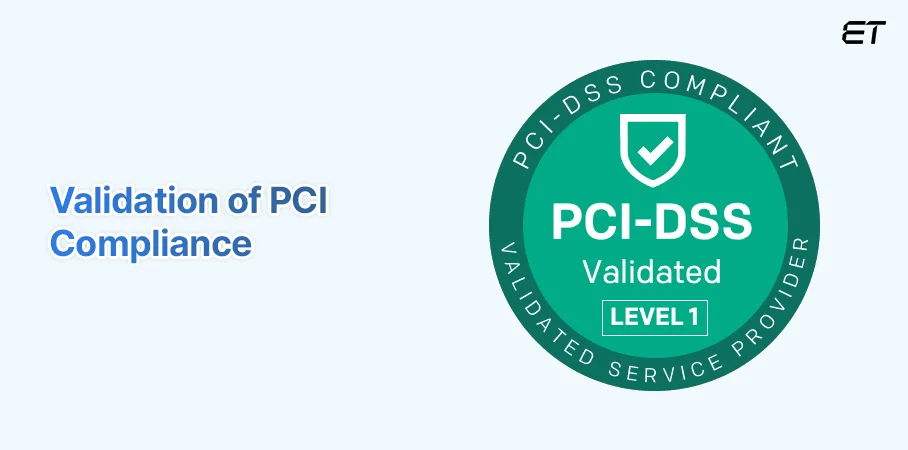
The responsibility for validating PCI DSS compliance varies depending on the level of compliance and the merchant’s specific requirements.
Refer to the following table for quick details:
| Merchant Level | Validation Method | Responsible Entity |
| Level 1 | Annual on-site assessment by a QSA | Merchant |
| Level 2 | Annual on-site assessment by a QSA | Merchant |
| Level 3 | Self-assessment (may require QSA involvement) | Merchant |
| Level 4 | Self-assessment | Merchant |
Service providers must also comply with PCI DSS and may be required to provide evidence of compliance to the merchant. In addition, acquiring banks and issuing banks have their own PCI compliance obligations related to PCI DSS and may require merchants to provide evidence of compliance or conduct their own assessments.
Now that we’ve clarified who is responsible for validating PCI DSS compliance, let’s discuss whether PCI compliance is required by law.
Is PCI Compliance Required By Law?
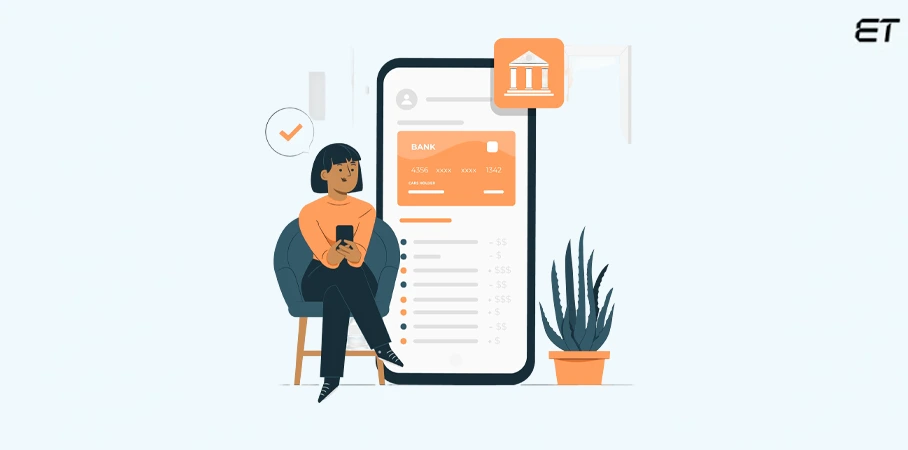
It is vital to note that PCI compliance itself is not a legal requirement. Still, it is often mandated by regulatory bodies or imposed by acquiring banks and payment processors.
Here are the regulatory requirements for the same:
- Payment Card Industry Security Standards Council (PCI SSC): The PCI SSC is the governing body that establishes PCI DSS standards. While not a government entity, its standards are widely recognized and adopted by the industry
- Federal Trade Commission (FTC): In the United States, the FTC has authority over businesses that engage in unfair or deceptive practices. If a company fails to protect cardholder data, leading to a data breach adequately, the FTC could take enforcement action
- State Laws: Some states have specific data privacy and security laws that may overlap with PCI DSS requirements. These laws can impose additional obligations on businesses that handle cardholder data
You should also know the requirements for acquiring bank and payment processors. Here are two points to consider for PCI compliance:
- Merchant Agreements: Acquiring banks and payment processors often require merchants to comply with PCI DSS as a condition of their agreements. Failure to comply can result in termination of the merchant’s relationship with the processor
- Fines and Penalties: Acquiring banks and payment processors may impose fines or penalties on merchants that fail to meet PCI DSS requirements. These penalties can be significant and can have a negative impact on a business’s financial performance
In summary, while PCI compliance is not a direct legal requirement, it is indirectly mandated through regulatory oversight and contractual obligations with acquiring banks and payment processors.
You should know these factors and ensure your organization proactively complies with PCI DSS standards. Failure to do so can result in significant financial losses, reputational damage, and legal liabilities.
Safeguard your business with a comprehensive PCI compliant evaluation. Talk to our expert and let’s get started.
PCI Compliance in the Software Domain
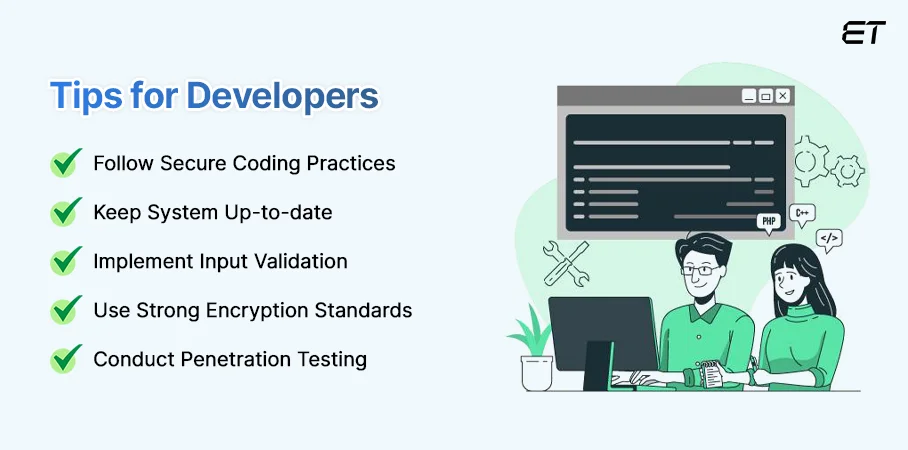
Software plays a vital role in ensuring PCI compliance. Software solutions must be designed, developed, and maintained with security in mind, from payment processing applications to data storage systems.
Here are the key considerations for software developers:
1. Secure Coding Practices: Software developers should adhere to secure coding practices to prevent vulnerabilities such as SQL injection, cross-site scripting (XSS), and buffer overflows
2. Regular Updates and Patches: Keep software components, including operating systems, libraries, and frameworks, up-to-date with the latest security patches to address known vulnerabilities
3. Input Validation: Implement input validation to prevent malicious data from entering the system and potentially compromising security
4. Encryption: Use strong encryption algorithms to protect cardholder data both in transit and at rest
5. Access Controls: Implement robust access controls to restrict access to cardholder data to authorized personnel only
6. Logging and Monitoring: Implement logging and monitoring mechanisms to track system activity and detect potential security incidents
7. Penetration Testing: Conduct regular penetration testing to identify vulnerabilities in software applications and systems
By using apt software tools, you can ensure strict adherence to PCI compliance. Notably, team eLuminous has experienced resources that have helped prominent organizations take care of this aspect.
In the next section, we will decode one of our successful projects related to PCI compliance for a reputed US-based organization offering legal education.
PCI Compliance Case Study Overview: US-based Online Legal Training Provider
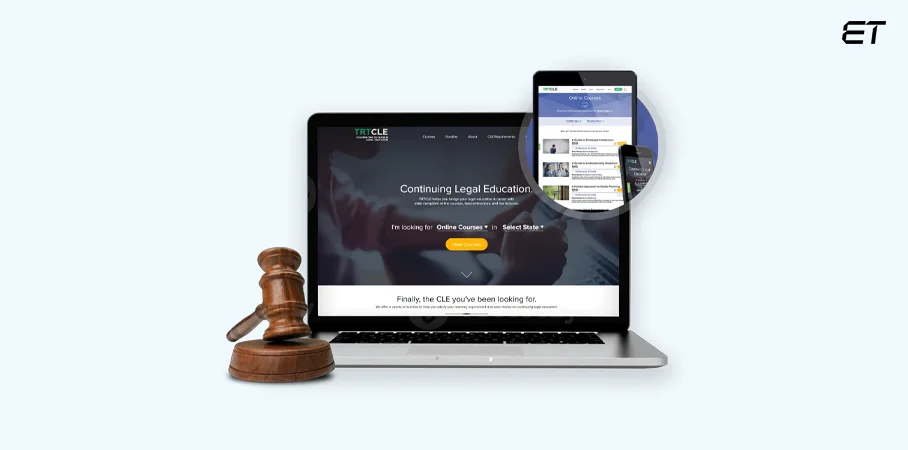
eLuminous Technologies was tasked with ensuring the client’s compliance with PCI DSS standards. Our team thoroughly assessed their existing infrastructure and identified several areas that needed improvement.
Key Challenges:
- Outdated Server Configuration: The server configuration was outdated, posing significant security risks
- Time Constraints: The client required the updates to be completed within a tight deadline
Solutions Implemented:
To address these challenges, we implemented the following solutions:
- Server Migration: We migrated the client’s infrastructure to a new server with the latest security updates and configurations
- Software Upgrades: We upgraded critical software components, including Apache, MySQL, PHP, and CodeIgniter, to their most recent versions
- Security Best Practices: We implemented robust security measures, such as:
- Encryption of cardholder data
- Strong access controls
- Regular security monitoring
- Vulnerability scanning
Results:
Our efforts resulted in significant improvements to the security posture. We successfully addressed the identified vulnerabilities and ensured compliance with PCI DSS standards.
Key Achievements:
- Enhanced Security: The client’s systems are now more secure and resistant to potential attacks
- Reduced Risk: The risk of data breaches and financial losses has been significantly reduced
- Improved Compliance: The training provider is now fully compliant with PCI DSS standards
By providing expert guidance and implementing effective solutions, our team played a crucial role in safeguarding the client’s customer data and ensuring their ongoing compliance with industry regulations.
Interested in reading more info about the case study?
To Sum Up
Achieving PCI compliance is a critical step for businesses handling cardholder data. By understanding the requirements of PCI DSS and implementing the necessary security measures, organizations can protect themselves from data breaches, financial losses, and reputational damage.
We offer expert guidance and solutions to help businesses achieve and maintain PCI compliance. Our team of experienced professionals can assist with:
- PCI DSS Assessment: Identifying vulnerabilities and gaps in your security posture
- Security Remediation: Implementing effective security measures to address identified risks
- Ongoing Compliance Monitoring: Ensuring ongoing compliance with PCI DSS standards
Contact us today to learn how we can help your business achieve PCI compliance and safeguard your customers’ data.
Frequently Asked Questions
1. What is the difference between PCI compliance and PCI DSS compliance?
PCI compliance is a broad term encompassing all the security standards and requirements for protecting cardholder data. PCI DSS (Data Security Standard) is a specific subset of these standards that focuses on securing card transactions’ technical and operational aspects.
2. How often should I conduct a PCI compliance assessment?
The frequency of PCI compliance assessments depends on your specific compliance level. Level 1 merchants typically require annual on-site assessments by a Qualified Security Assessor (QSA). Level 2 and Level 3 merchants may have less frequent assessment requirements. It’s essential to consult your acquiring bank or payment processor for their specific guidelines.
3. What are the penalties for non-compliance with PCI DSS?
Non-compliance with PCI DSS can result in significant financial penalties, including fines, legal fees, and potential brand damage. Additionally, non-compliance can lead to loss of customer trust, business disruption, and difficulties with payment processing.
4. Can I outsource PCI compliance responsibilities?
Yes, you can outsource PCI compliance responsibilities to a qualified service provider. Many organizations partner with specialized firms with expertise in PCI DSS compliance to ensure that their systems and processes meet the required standards.



